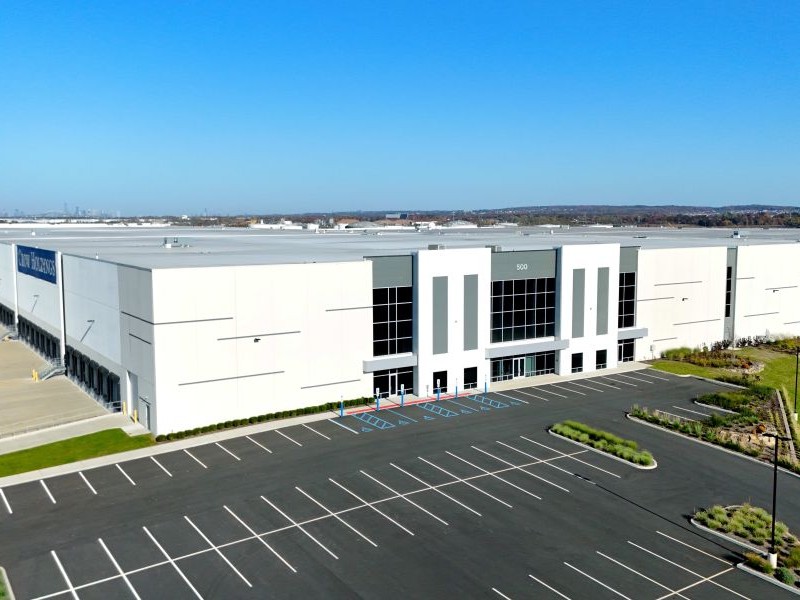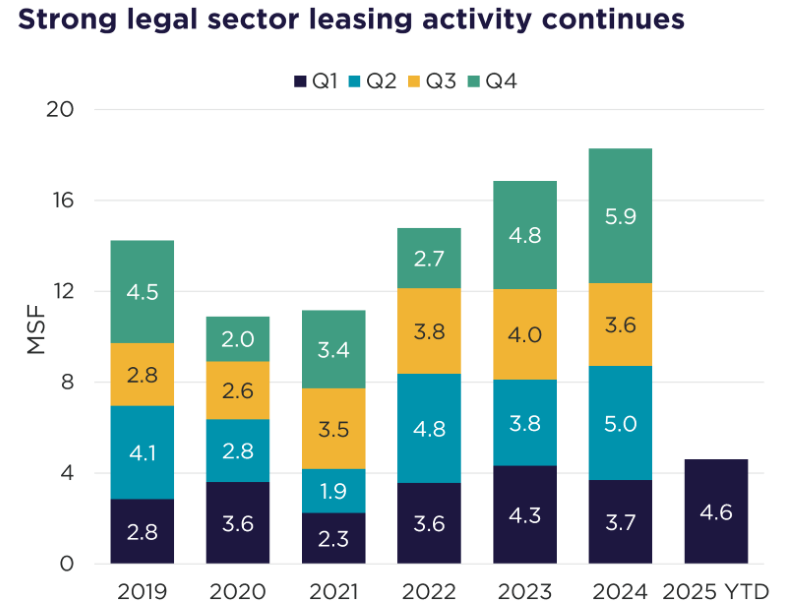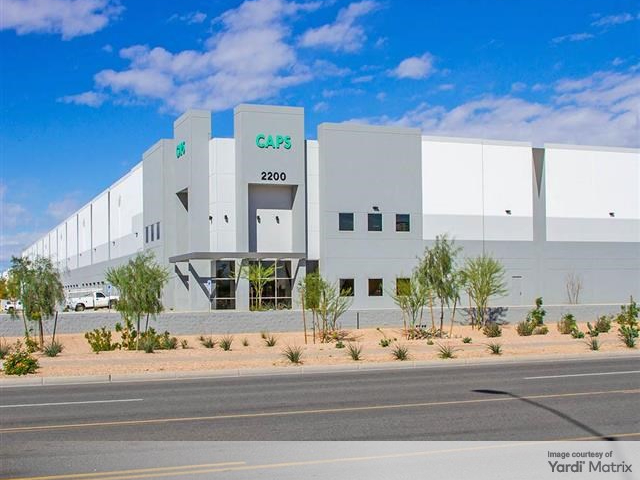How to Prosper in the Next Economic Slowdown
Village Green's CEO Diana Batayeh shares recession-proofing strategies and tips on thriving in challenging times.
Whether 2020 will mark the beginning of an economic downturn remains unclear as the end of the year approaches. What is evident, however, is that as market volatility increases, smaller and emerging businesses will have to become more resourceful in order to minimize the impact, ensure a steady cash stream and offer clients the same quality of services.
According to the Q3 2019 Private Capital Access Index, a study conducted by Pepperdine Graziadio Business School with support from Dun & Bradstreet, only 18 percent of participating businesses said they are anticipating a potential recession. However, more than half of respondents perceive the financing environment as becoming more restrictive despite low interest rates, while their need for financing has been rising.
What measures should emerging businesses take in the event of a slowing economy? Diana Batayeh, the CEO of Village Green, shared with Commercial Property Executive the property management company’s experience during the last recession, when she focused on opportunities and attracted high-quality people to the team. Batayeh believes there are many ways in which smaller real estate companies can not only survive but even even prosper during difficult times.
How did the Great Recession affect Village Green, and how did you manage through it?
Batayeh: Like most businesses, Village Green was affected by the last recession. However, compared to some industries, the negative impact was less extreme for the multifamily industry, as it caters to the basic need of housing.
Although the recession presented challenges, we focused on the opportunities that existed for us to improve the business and experiences for our residents. For example, during the recession there was a larger talent pool available. Village Green was able to attract a broader range of talent with less competition from other industries. We could strategically invest in the best people and improve customer service as a result.
Another challenge we overcame was related to debt and equity for new development financing, which led to new apartment supply constraints. However, the lending environment was such that it made it more difficult for some to purchase homes. As a result, the demand for apartments actually increased in some market segments. So despite the fact that there were fewer opportunities for us to add new apartment developments to our portfolio, the benefit of that was higher apartment occupancies and higher rents. The recession also gave us the ability to focus on reducing costs and maximizing efficiencies both at the enterprise and property level.
Does multifamily property management have a particularly weak spot right now which could be hit in case of a recession?
Batayeh: Building new apartments and improving existing ones come with high costs. To drive the yields expected by stakeholders, rent prices need to rise. In the event of a recession, the ability to achieve higher rents becomes difficult. Apartments within the more affordable Class B and C sectors tend to be impacted less during a recession because housing is a basic need. Higher-end Class A apartments, however, typically cater to renters by choice. These higher-end luxury apartments will experience a decline in renter demand and likely need to lower rent and offer more concessions to maintain occupancy. That will make it more difficult to attract investors to new development opportunities as well as dilute the returns on existing Class A assets.
What’s your company’s strategy in case of a downturn? What would you cut and what would you continue to focus on?
Batayeh: Driving efficiencies selectively and strategically while not compromising the quality of our business value proposition would be our strategy. Village Green values maintaining a high level of customer service which means not skimping on recruiting and investing in the quality of talent. Instead, we’ll look to save money in areas invisible to our customers. An example may be looking for more opportunities to automate without impacting the quality of human touchpoints like automating payables processes.
From a small business owner perspective, what would be the first step you’d recommend in order to navigate a recession?
Batayeh: For a small business owner, I would advise them to evaluate their infrastructure and overhead in an honest and neutral manner. To help determine how your business can become more efficient, ask yourself:
- What is absolutely necessary to your business in driving the economic engine?
- What can be reduced or eliminated without diminishing the products/services we deliver to our customers?
- Which synergistic areas can be consolidated?
These questions will help lead you down the path to becoming a more efficient business, set to survive an economic downturn and be more profitable in good economic times, as well.
What things are most important for property managers to invest in during a recession?
Batayeh: During a recession, property managers should invest in people and automation. Residents interact with your staff every day and having the best talent is going to create the quality experience people desire, which, in turn will drive customer loyalty. To subsidize the investment, automate where possible without compromising human touchpoints.
How can property managers benefit from an economic downturn?
Batayeh: In the last recession, people were either unable or hesitant to buy houses, leading to an increase in demand for apartments. With fewer apartments being built during a recession, there’s an opportunity to improve current properties and increase occupancy.
Another benefit is the larger available talent pool. Property managers are typically competing with other industries for employees so when that competition isn’t as fierce, take advantage of it and invest in the best people because they are the part of the organization all your customers will experience.









You must be logged in to post a comment.